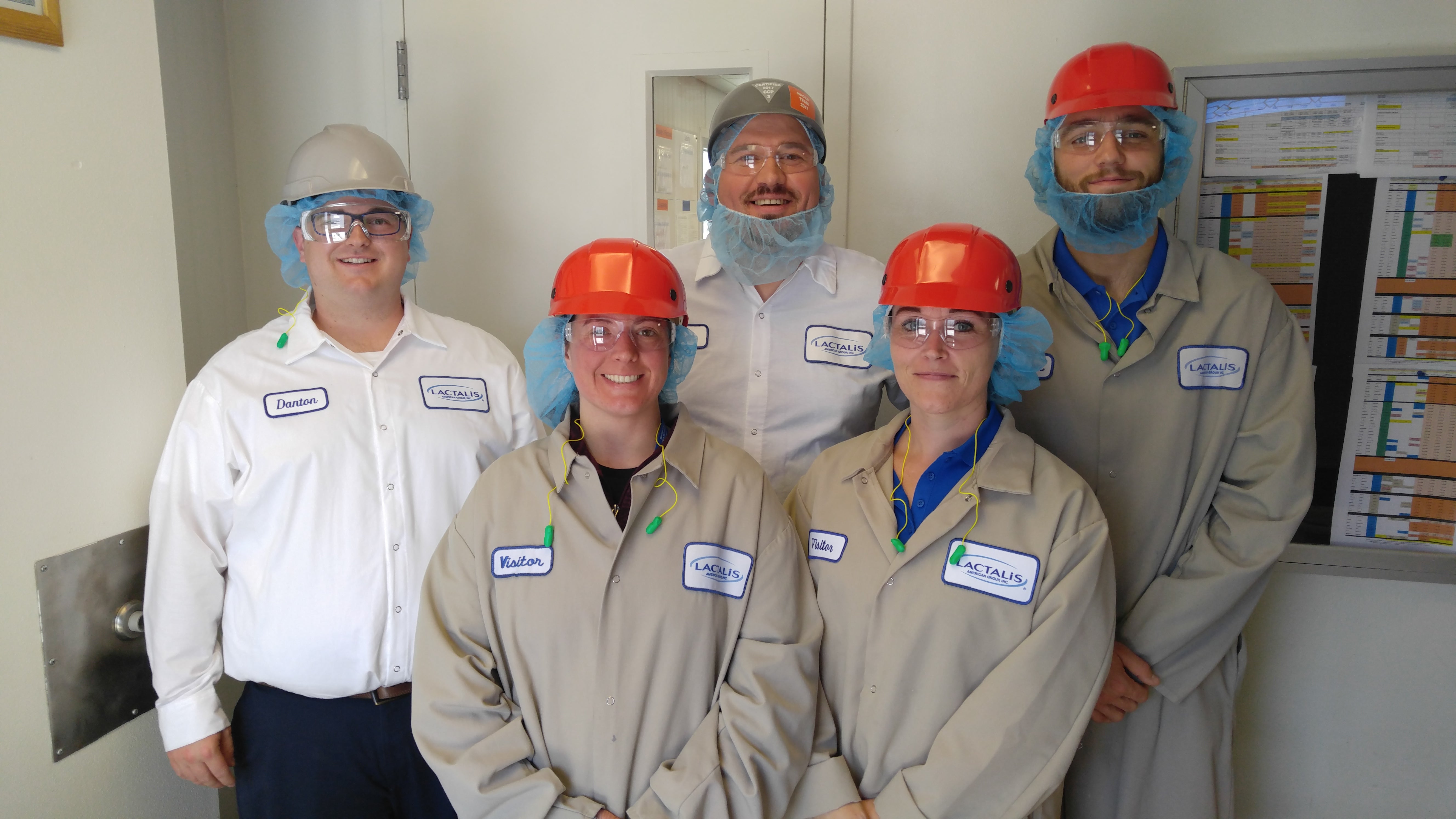
Vannessa Campfield, Tyson Hardy and Rose Saxton are three Boise State students whose career trajectories and educational opportunities have been indelibly shaped by the BUILD dairy program. In May and June of 2020, these three students had the opportunity to present their research at the annual BUILD Dairy Conference.
The BUILD program, short for the Building University and Industry Linkages through Learning and Discovery, operates within the Western Dairy Center at Utah State University. It currently sponsors research projects for eight doctoral, 40 master’s and 18 undergraduate students across 11 universities, including Boise State.
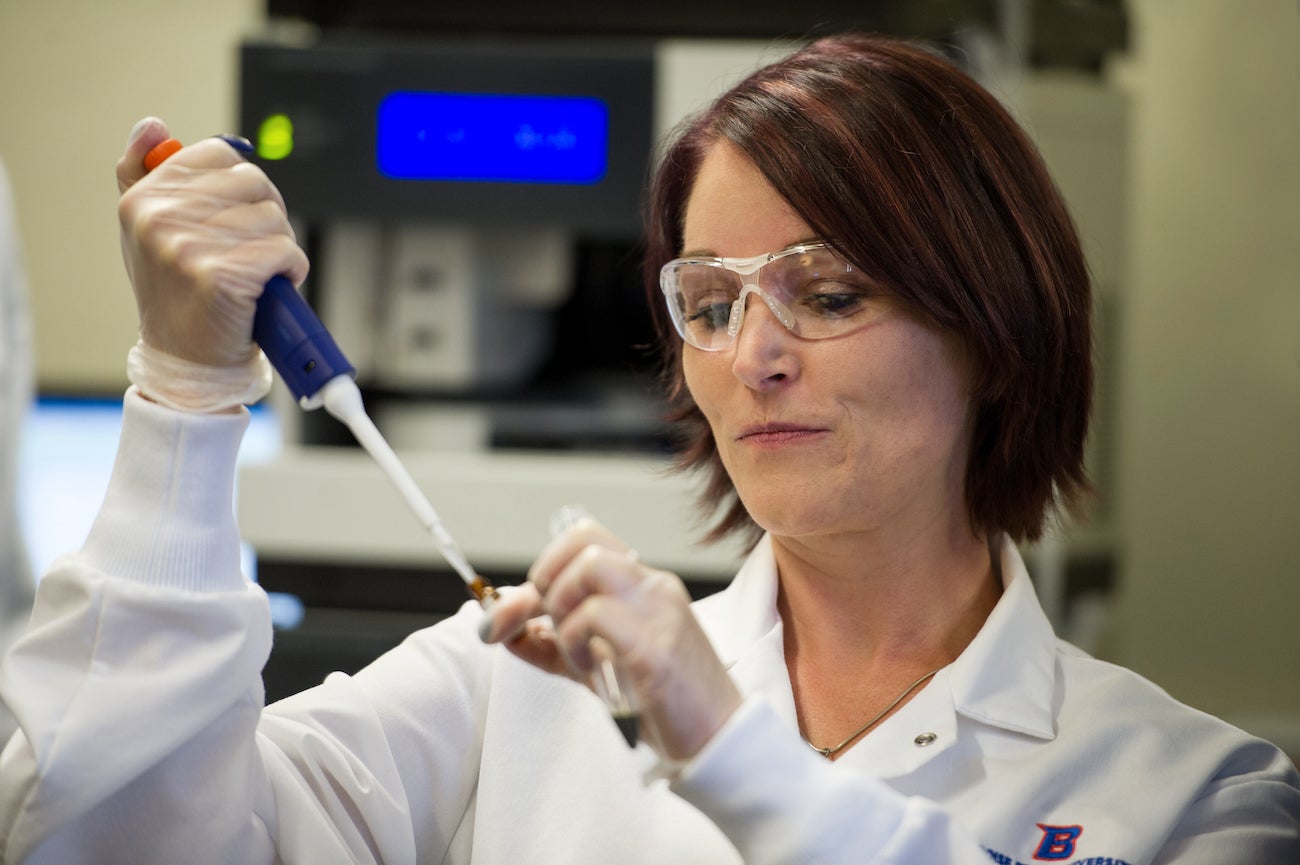
Students in the program not only are awarded scholarships and generous stipends, they also gain unparalleled insight into the western dairy processing industry as members of the enormous network. Through frequent opportunities to present their research to industry leaders and dairy owners, students in the BUILD dairy network get the inside-scoop on the industry, find connections, participate in internships and land job offers.
They also are able to find their niche doing research that supports their state’s economy.
“It was about two weeks before I graduated with my bachelor’s in chemistry (with a forensic emphasis) that Dr. Owen McDougal talked to me about the BUILD dairy program. I thought about it for maybe five minutes and realized what a fantastic opportunity it would be,” said Campfield, a second year chemistry masters student.
Dairy’s Innovation Engine
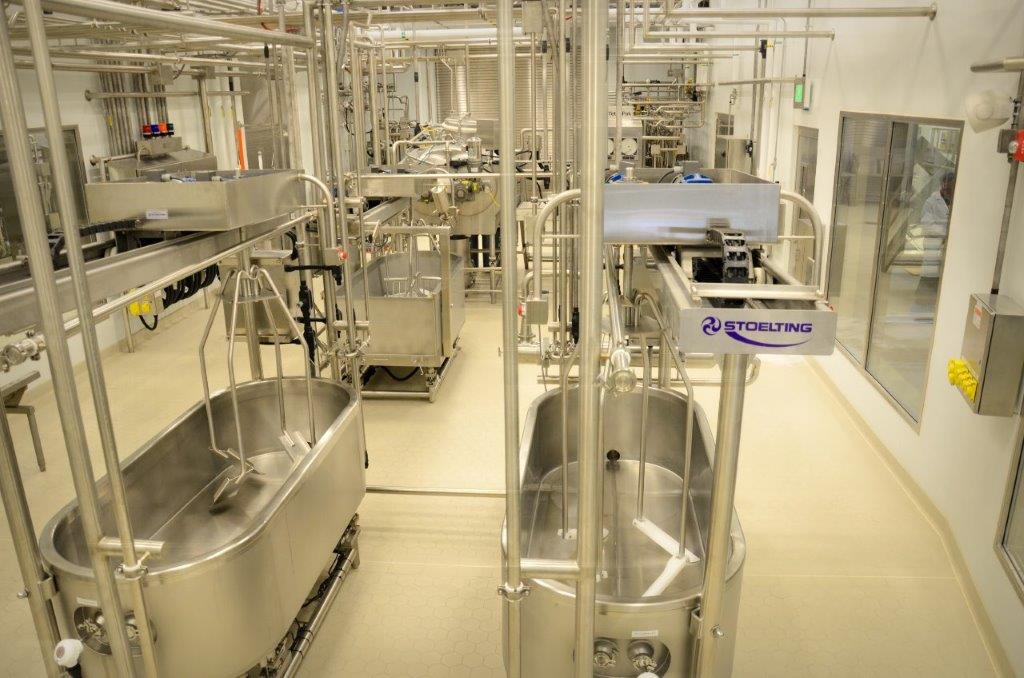
Despite the pervasive belief that this is a spuds-only state, there’s more to Idaho than potatoes. Dairy production is actually Idaho’s number one agricultural commodity; in 2018 it accounted for 31 percent of Idaho’s agricultural value – worth $2.38 billion dollars – according to the United States Department of Agriculture. As it stands, Idaho is the third largest producer of dairy in the country. But Idaho also is home to something even more valuable: some of the brightest, most diligent and inspiring students in the world.
For Eric Bastian and Owen McDougal, these students are Idaho’s real gems. Bastian is the director of the Western Dairy Center and the vice president of Innovation Partnerships at Dairy West. McDougal is a professor and the chair of Boise State’s chemistry department. Together, they have been working to ensure that Boise State students are prepared to lead the Idaho dairy production industry of the future through the BUILD program.
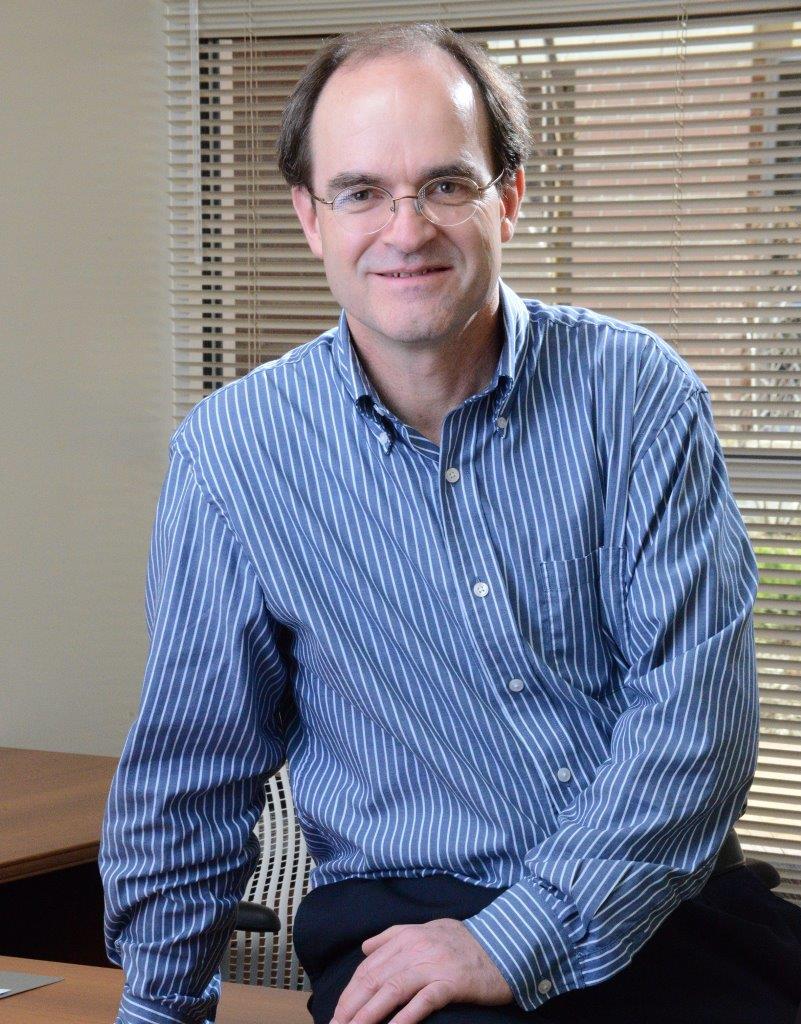
“We started this effort in 2014. At the time I was working for Glanbia, which is the largest dairy processor in the state of Idaho – they process about 30 percent of the state’s milk. The company was growing, we had a need for technically trained people and we couldn’t feed the need,” explained Bastian.
Bastian expressed his concerns to colleagues at Dairy West and the Western Dairy Center, and quickly found that the problem was widespread across Utah and Idaho. The region lacked a pipeline for university students to gain the experience and connections needed to fill a critical gap in the industry. Thus, Bastian created BUILD with colleagues and stakeholders spanning the western dairy industry. The program has dozens of current students and approximately 40 alumni.
When Bastian sought participation from Boise State three years ago, McDougal sensed the opportunity BUILD offered students and the region. Since then, McDougal has prepared his students to enter the rigorous and research-intensive program.
“Research is the hands-on training that makes students marketable. It is the single most significant and important thing that students can do. It is the most valuable experience they will achieve. It is not just being present. It is learning by doing. And it is having demonstrable accomplishment and achievement that is with them for the rest of their lives,” said McDougal.
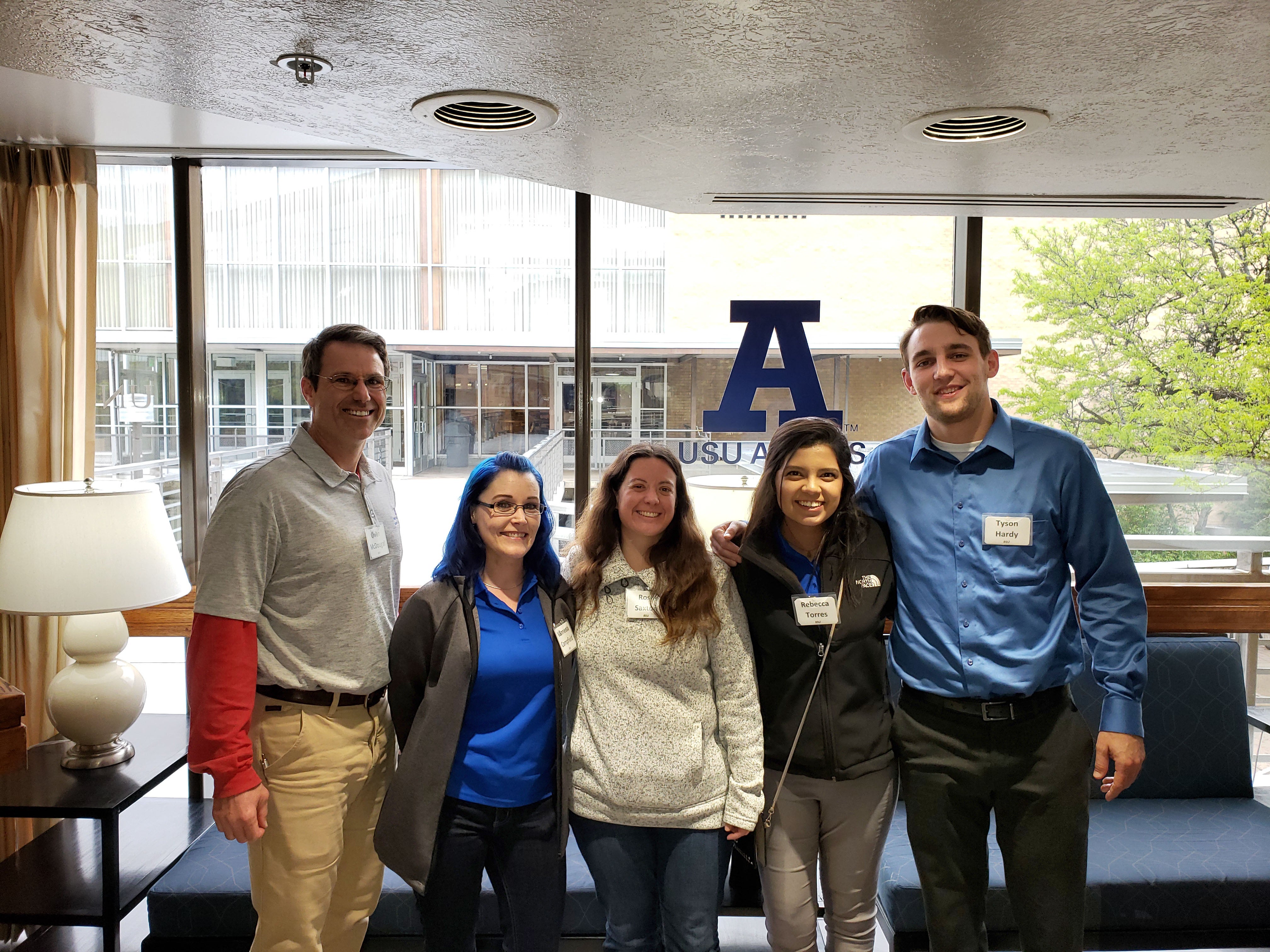
In spring 2020, Idaho dairy production was rocked by the spread of the COVID pandemic. Almost overnight, the demand for milk products was cut in half, which resulted in the waste of untold gallons of milk and dairy products. While the industry is beginning to return to normal operations, in Bastian’s eyes, what is needed to carry Idaho’s dairy production industry into the uncertain future is the innovative spirit of educated and creative students.
“The main resource that’s required for any innovation to occur is a bright human mind. And that’s what we’re trying to do with this BUILD program is generate young, bright people like the ones you have at Boise State to get interested in what we’re doing and then provide that innovation engine that our industry desperately needs,” said Bastien.
Solving Swiss cheese: Vanessa Campfield
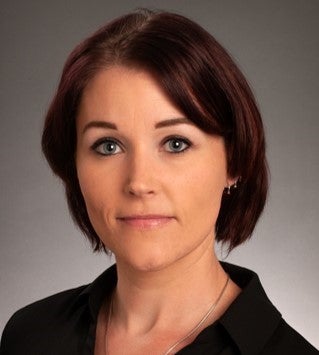
Swiss cheese is immediately recognizable for its “eyes,” or characteristic holes. Vannessa Campfield has been working to understand the bacteria that produce these eyes and their associated challenges. In her work, Campfield researches and correlates bacteria present in the cheese to different eye formation and defects. Cracks in Swiss cheese, as well as unusual eye formations, can have extremely expensive results.
“The defects cause Swiss-type cheeses to be downgraded by the USDA, resulting in an industry loss of over $69 million each year,” said Campfield.
Her experience with the BUILD program makes her proud of the way that the different stakeholders in the industry collaborate to support the whole. Additionally, it opened her eyes to the many ways that Idaho dairy gives back to its communities, such as providing free K-12 nutrition and health curricula to schools, and funding scholarships for students. For her, supporting dairy production through her research on Swiss cheese defects ultimately impacts the industry’s ability to continue supporting Idaho communities.
“The downgrades that cause the industry loss… literally decrease available funding for stimulating the local economies. This personally affects millions of people and that is just for Idaho; think of how big of an impact that is to communities even just in the United States – it’s huge,” said Campfield.
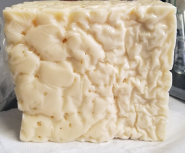
Campfield has been living in Emmett, Idaho, for more than 25 years and will be graduating in fall 2020. She now is an analytical chemist for Micron Technology. Campfield is grateful that the program has given her unique opportunities to excel as a scientist and researcher.
“As a scientist, the BUILD Dairy program has provided a project that allows me to have a second peer-reviewed publication and given me the experience to plan, manage and implement research from start to finish. This is something many scientists don’t have the opportunity until after they receive a PhD, or many years of working for a single company,” said Campfield.
Researching Whey: Tyson Hardy
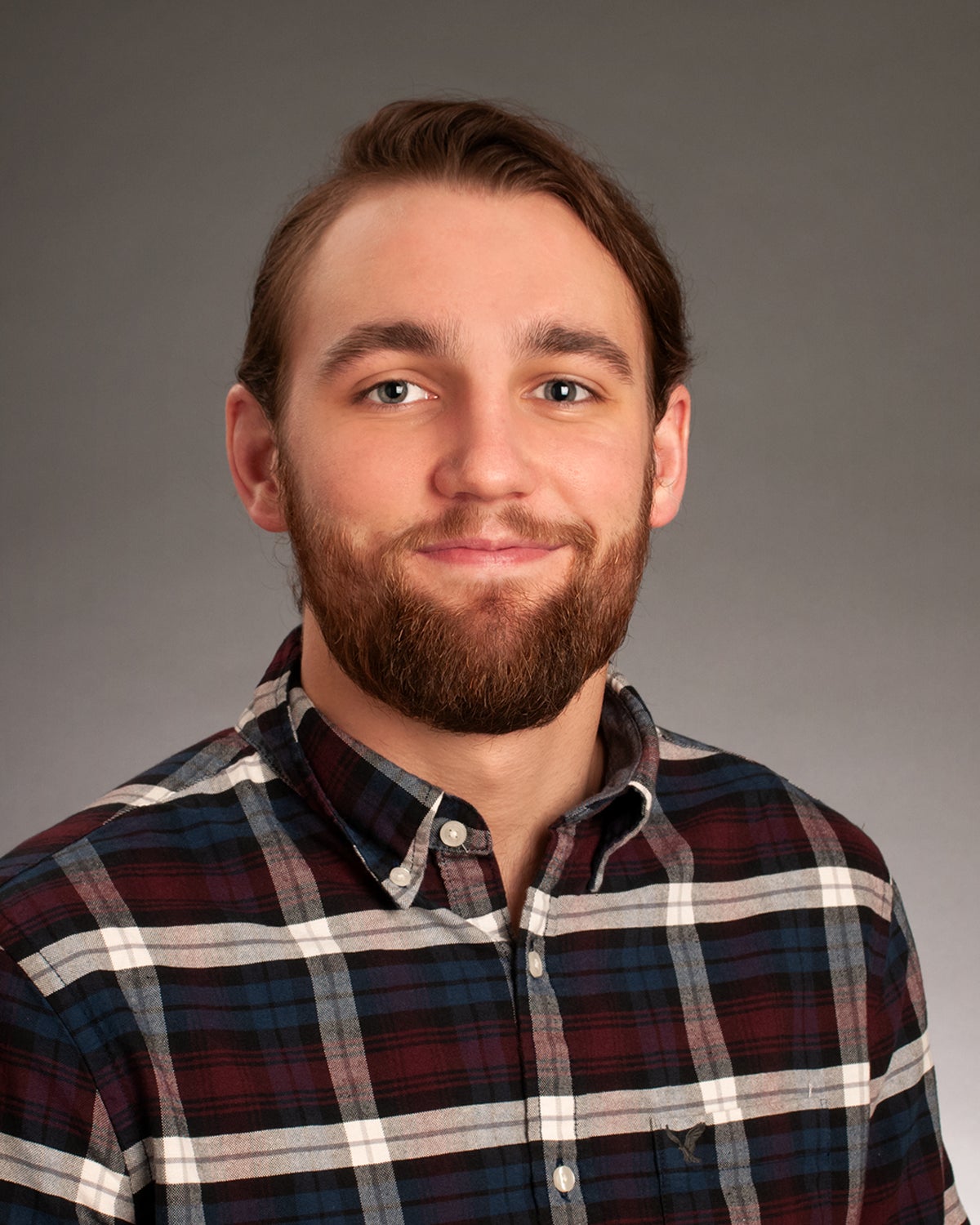
Tyson Hardy (BS, chemistry, ‘19) was Boise State’s first BUILD student and upon graduating, he was immediately offered an internship with Agropur Dairy Cooperative in Jerome, Idaho. According to the Idaho Dairymen’s Association, Agropur is a top 20 global dairy producer. The company provided a hands-on opportunity for Hardy to delve into research on whey protein denaturation.
“Protein denaturation is when a protein unfolds from its original structure,” explained Hardy. “When proteins become denatured, their intended functions are lost and their functional properties as food ingredients are altered so it changes what types of products that those proteins are now suitable for.”
Hardy’s research is critical to whey protein products, which impact everything from cheese to baby formula, and is an essential element of Idaho’s dairy processing industry. Denaturation in whey products can affect the protein’s solubility, impart a burnt flavor and even cause the proteins to clump together. This clumping can pose threats to dairy equipment in the form of physical blockages or increased potential for biological contamination.
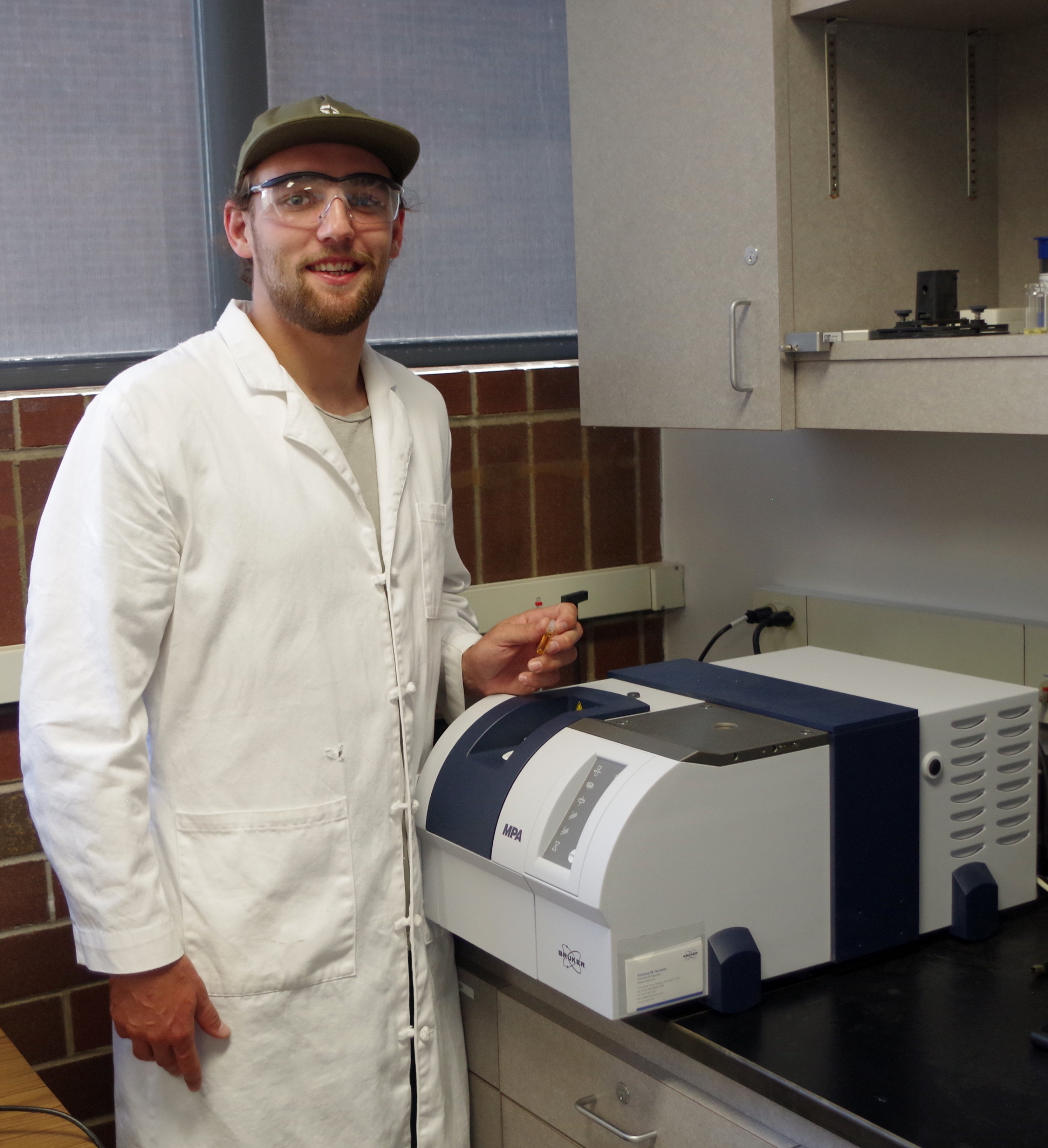
Hardy’s interest in this field was shaped in part by a family legacy of working in rural Idaho agriculture. Hardy grew up in Kimberly, Idaho, and recalls working at a nearby dairy during his adolescent years, not realizing that one day his education would bring him back to the dairy industry as a skilled researcher. He now is a lab services coordinator in the Boise State chemistry department.
“That’s kind of what appealed to me about Owen’s lab,” said Hardy. “I was interested in doing research that could be immediately applicable in local area industry.”
The Power of Proteins: Rose Saxton
Rose Saxton, a master’s student in biomolecular science, was born in Twin Falls and has lived in Idaho her whole life. When the two-time alumna (BS, anthropology, ’12; BS, pre-veterinary medicine, ’14) decided to return to Boise State for a master’s degree, she did not expect to find herself being drawn towards dairy research. However, when McDougal told her about the BUILD program, she knew it would help her reach her educational goals.
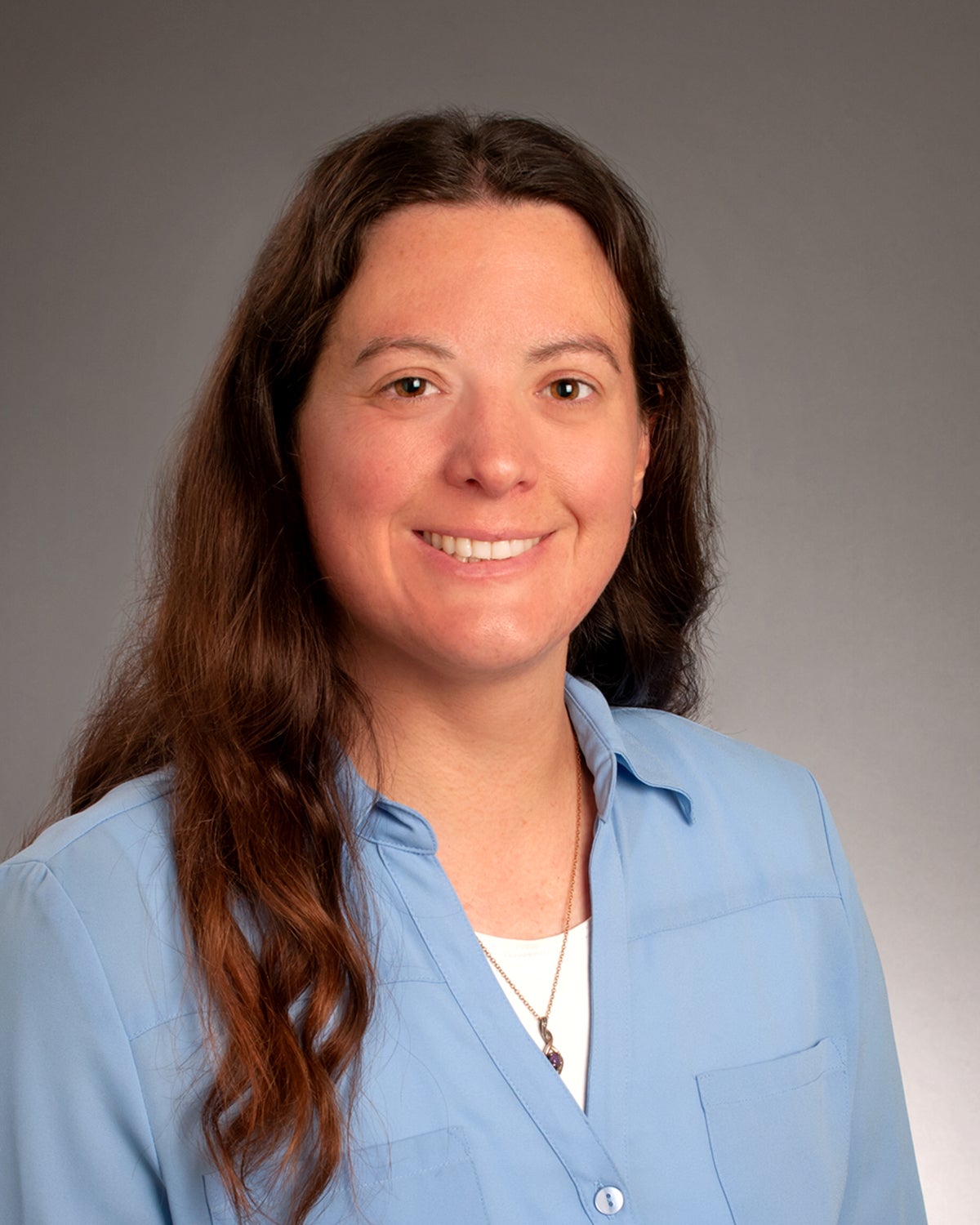
Saxton currently is interning at Agropur, where she conducts research in new methods for measuring whey protein content in dairy products. Historically, the food industry has used the Kjeldahl method, but as Saxton explained, it is “time consuming, laborious and requires harsh chemical conditions.”
That’s why she is testing the use of optical spectroscopy, specifically Fourier Transform-Infrared Spectroscopy (FT-IR), to complement industry standard Kjeldahl analysis.
“For this project, I have been analyzing amino acids, whey protein dietary supplements, and plant-protein dietary supplements for their protein content using both Kjeldahl and FT-IR,” said Saxton. “FT-IR provides results rapidly, with little sample preparation, and provides results without requiring caustic chemicals.”
Saxton is on track to graduate in 2021. She says that the BUILD program has empowered her to learn more about the products that she consumes, and has greatly impacted her as a student and researcher.
“The BUILD dairy program has given me the opportunity to network with people at Idaho Milk Product Association conferences and annual BUILD Dairy meetings that I otherwise would have never met,” she said. “Through the BUILD Dairy program, I have learned that the dairy industry is an industry of people that truly love what they do, and they really do care about giving the consumer a quality product.”
– By Brianne Phillips